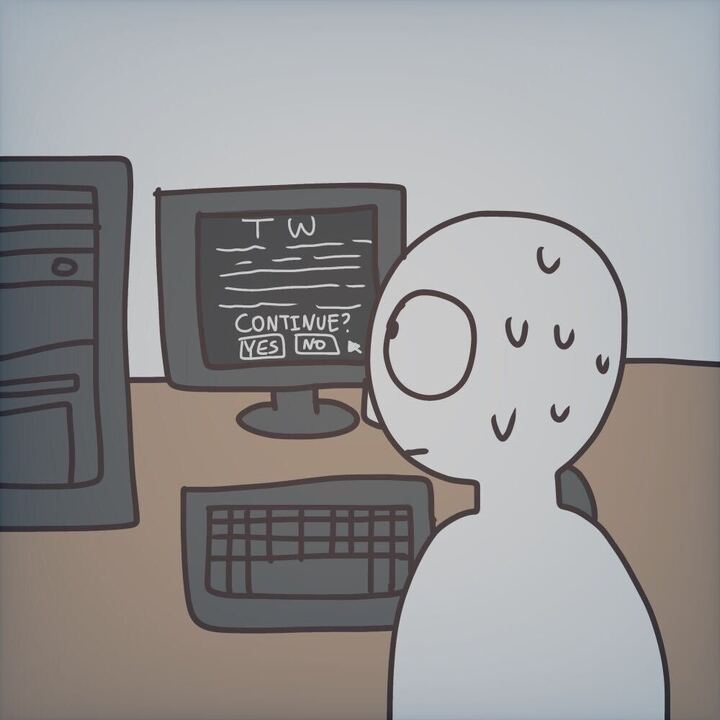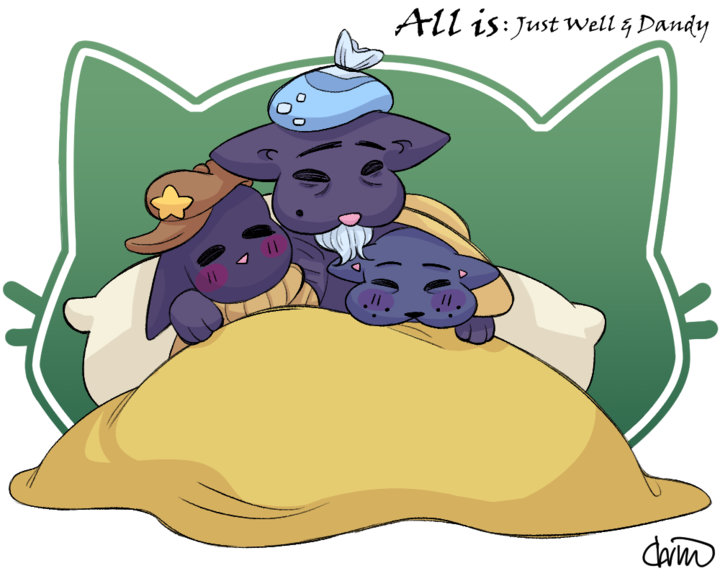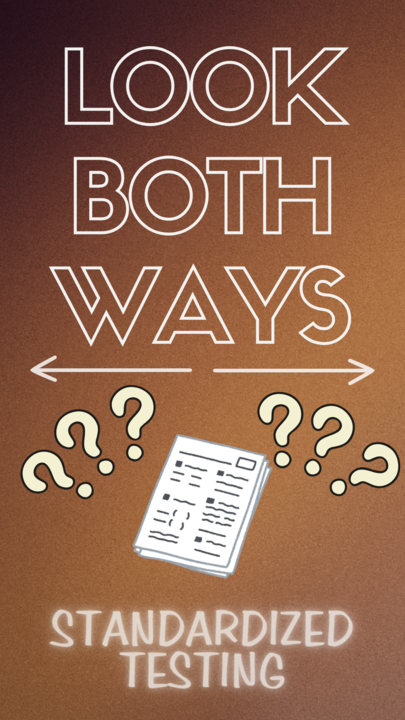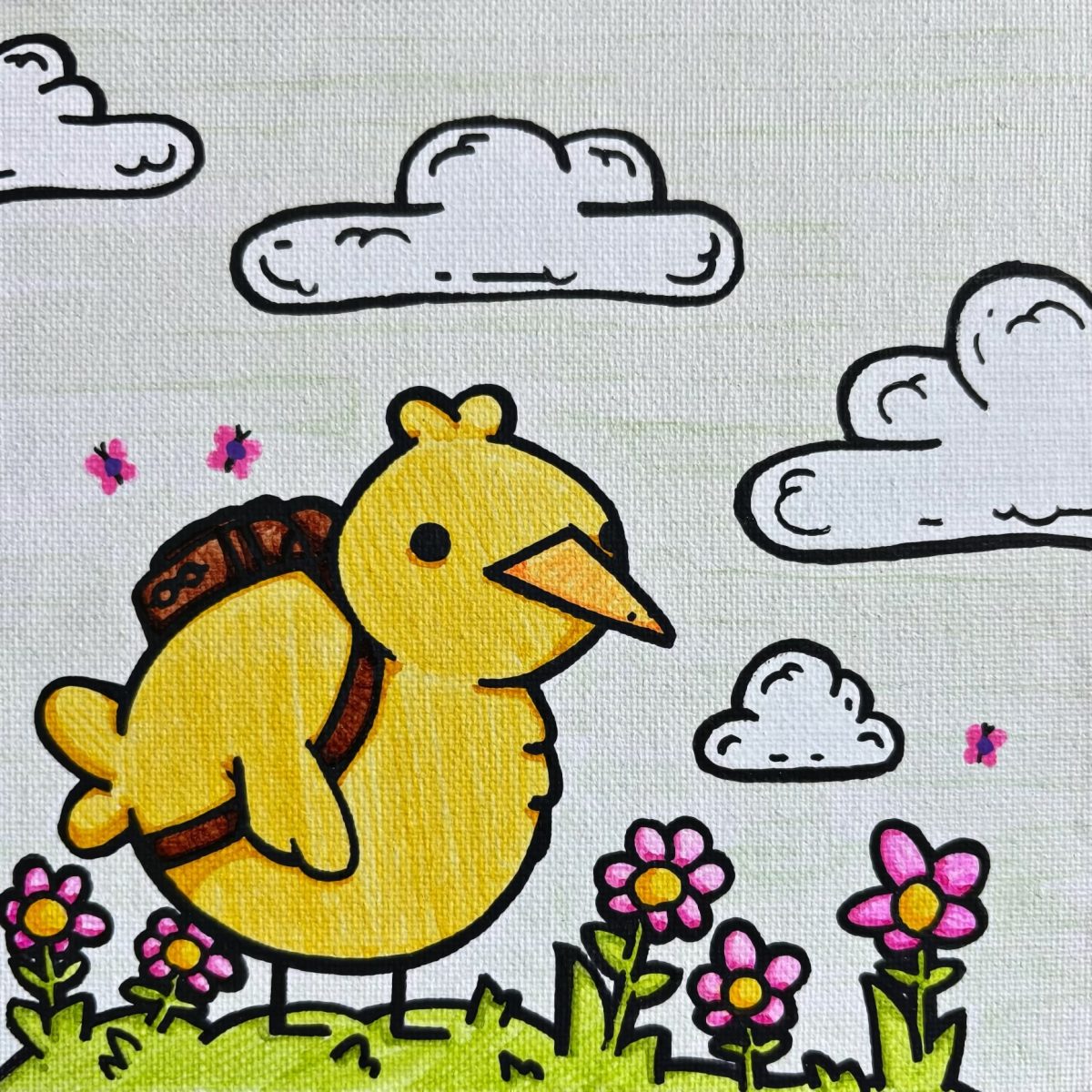TikTok is captivating our generation and keeping us fixated on our phones. Our private information is at risk of exposure to external threats from China, yet students appear to be largely indifferent to the potential dangers.
If we don’t exercise caution with our TikTok usage and the information we share online, we will inadvertently expose ourselves to a national security vulnerability.
A ban on TikTok is not what Congress is calling for, so do not see this as an opinion against Chinese apps or TikTok. Instead, the proposed bill would protect the national security of the United States from the threat posed by foreign adversary-controlled applications, such as TikTok and ByteDance Ltd, according to Congress.Gov.
Due to 2017 Chinese Intelligence laws that govern ByteDance – TikTok’s parent company – user data can be handed over to Chinese authorities. Such information has the potential to be used in identifying national intelligence or conducting disinformation operations within the U.S., according to AP News.
TikTok is utilized by over 100,000 Americans, with a significant portion being adults under 30; a majority of teens – about six-in-ten ages 13 to 17 (63%) – say they use the platform, according to Pew Research Center.
The potential risk of the Chinese government obtaining the information of our generation is insurmountable and may help the Chinese government influence or manipulate elections.
While this scenario is hypothetical, it is an election year. We can expect a significant amount of misinformation will circulate online, from both parties.
Students at NIU hold diverse views regarding the bill under consideration. First-year industrial engineering major Jen Tinh and junior computer science major Jaica Samson explored the possibility of a TikTok ban in the U.S.
“I just don’t understand why the (U.S) government is so invested in wanting to ban TikTok when there are a lot of other issues that should be more of a focus,” Samson said.
While Samson questioned the government’s priorities, Tinh highlighted the immediate impact of the proposed TikTok ban on the platform’s community.
“It’s a bit hard to maintain neutrality when information being put on TikTok is literally about the TikTok ban,” Tinh said. “It does affect a lot of small businesses and a lot of creators who have formulated their entire careers off of (TikTok).”
Maggie Kanapilly, a sophomore music major, also talked about her stance on the TikTok ban.
“Not supportive, but I wouldn’t mind it,” Kanapilly said. “Life was alright for me before TikTok. I think it’ll be alright again. That and I don’t think there’s a lot of benefit for younger people having it.”
Kanapilly believes a TikTok ban wouldn’t be the end of the world. Instead, they emphasize its influence on the youth, maybe even subtly hinting about those who will one day lead the nation.
Of the students interviewed at NIU, 11 were neutral or against a TikTok ban, none completely pro for the upcoming ban. This is worrying since a fear response doesn’t seem to be at play here when it comes to our private data, especially with Communist China.
The current status of bill H.R.7521 is now in the Senate, recently passing the House on March 13, 2024. That was last month, and we are now just a few months away from the general election.
The proposed legislation couldn’t come sooner.
















